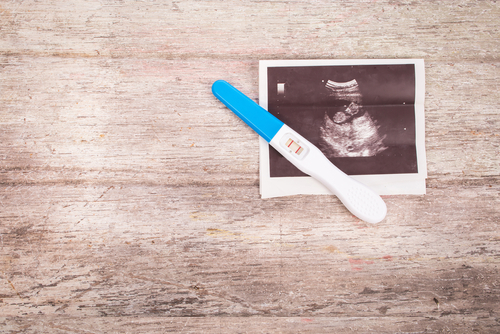
Ramadan and Pregnancy: To Fast or Not to Fast?
Ramadan and pregnancy are common topics amongst expectant moms. Ramadan during pregnancy has always been a tough call for women. In addition to the guilt of not observing Ramadan, pregnant women are usually confused whether they are even allowed to take an exemption.
So how does a pregnant Muslimah deal with this confusion in Ramadan?
Allah, the Almighty, does not specifically mention pregnant women or nursing mothers with regards to fasting in Ramadan in the Quran. He makes the allowance with words that say “whosoever is sick or on a journey, [should fast] on other days.” (Quran: Chapter 2, Verse 185)
This leaves the decision of fasting to the expecting mother. If she is in a health-state where fasting is safe for her and her child, she can fast and vice versa.
Ramadan and Pregnancy: Factors to Help You Decide
Here are some tips that can help pregnant women to make the right decision. It is important to note here that these are simple tips and not related to any professional medical advice or religious ruling.
- Thoroughly assess your health condition. It is very important to be aware of the risk factors in case you are not feeling well. Morning sickness, food cravings, and other pregnancy symptoms are particularly more common during the first trimester; if you are experiencing any of those, it is best to leave your fasts.
- Even if you are feeling healthy, it is important to seek advice from your doctor. Usually, the doctors are against pregnant women observing Ramadan to ensure the safety of both mother and the baby. Lack of nutrition and dehydration are definitely not good for expectant moms. In such a case, it is important to listen to your doctor and leave your fasts.
- If your gynae gives you a green signal, make sure you are aware of the warning symptoms. Fasting at any point should not become too difficult for you. If you feel dehydrated or start losing your breath, break your fast immediately and have some water and dates.
- In case you even have 1% fear for your child or yourself because of fasting, it’s better to give it up then take any risk.
- Be particularly careful when the weather is hot. It can become challenging to stay without water and food all day long, especially if you are pregnant. It is best to have a prudent approach and exempt yourself from fasting than taking any risk.
Ramadan and pregnancy do not have to be confusing. After all, the decision to fast or not to fast is very much in your own hands. You must decide on the basis of your health condition. Moreover, it is also important to remember that the exemption is only temporary. You are supposed to observe all the missed fasts once you recover from delivering your baby.
So make sure you keep a count and observe your fasts whenever you get a chance.


